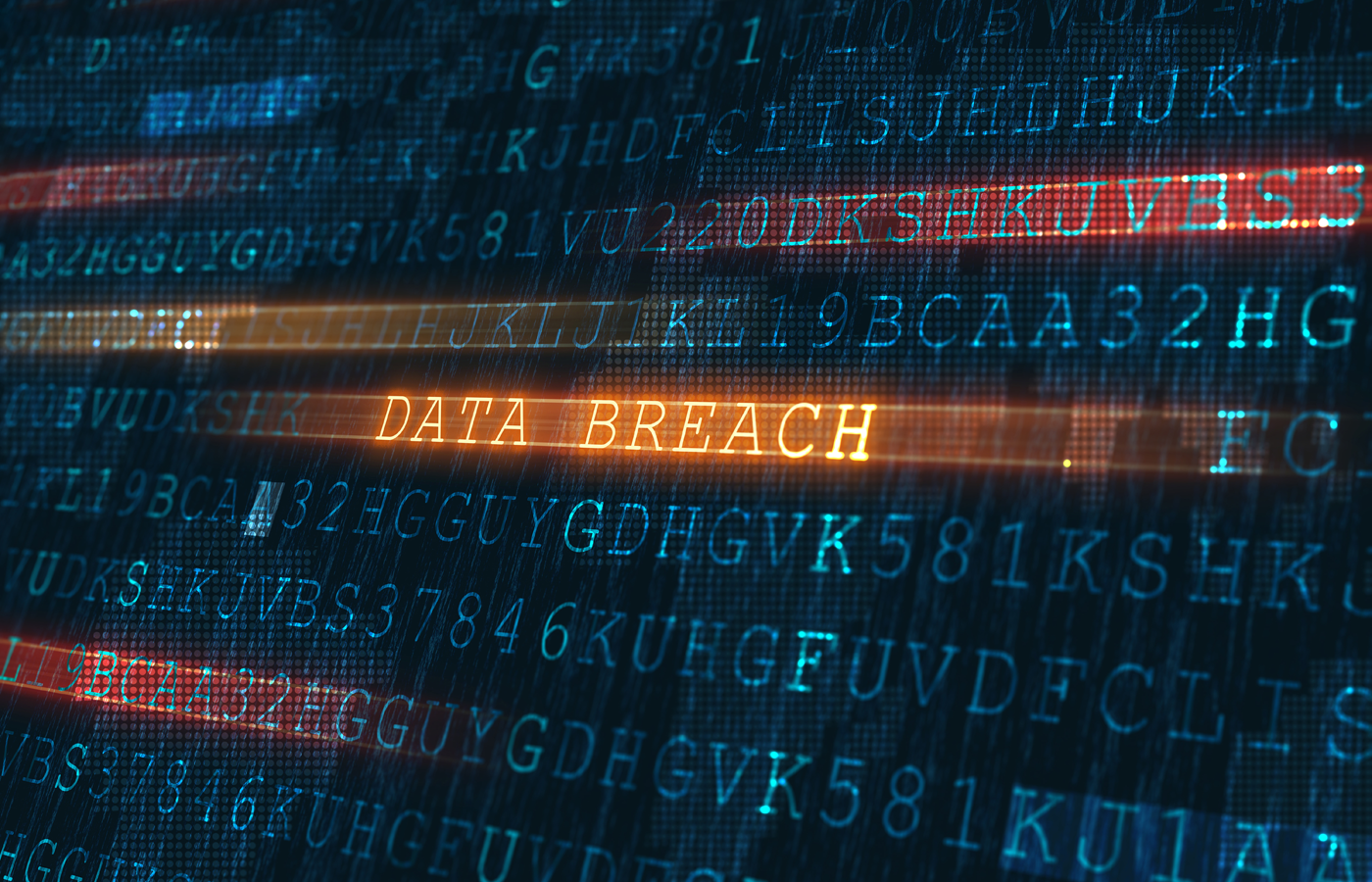The North Atlantic Treaty Organization (NATO), a military alliance formed in 1949 to counter the Soviet threat during the Cold War, has traditionally focused on deterring and defending against conventional military attacks. However, the warfare landscape has undergone a significant transformation in recent decades.
The rise of cyberthreats has emerged as a major concern for NATO and its member states. Malicious actors in cyberspace can wreak havoc on critical infrastructure, steal sensitive data, and disrupt essential services.
Recognizing the growing urgency of this challenge, NATO took a bold step forward during its July 2024 summit by announcing the establishment of a groundbreaking new institution: the NATO Integrated Cyber Defence Centre (NICC). This state-of-the-art center signifies a critical shift in NATO’s approach to defense, placing cyberspace at the forefront of its collective security efforts.
The Rising Threat of Cyberattacks
Cyberattacks are becoming more prevalent and complex, with hackers constantly finding new ways to exploit vulnerabilities in your computer systems. These attacks are not just increasing in frequency but also in sophistication, making them harder to detect and defend against.
Recent incidents like the Colonial Pipeline attack, which disrupted fuel supplies across the Eastern United States, highlight the potential damage cyberattacks can cause to critical infrastructure. Similarly, the SolarWinds supply chain attack compromised numerous organizations through a seemingly trusted software update, demonstrating the expanding reach of cyberthreats.
Cyberattacks can be used for various malicious purposes. They can be tools for espionage, allowing attackers to steal sensitive information. They can be used for disruption, causing chaos and economic damage by shutting down critical services. In extreme cases, cyberattacks can even be used as a form of warfare, crippling a nation’s infrastructure and security systems.
Our growing reliance on technology makes us increasingly vulnerable to these attacks. As cyberthreats evolve, robust defenses and international cooperation are crucial to protecting ourselves in the digital age — NATO just realized that.
NATO’s Response: The NATO Integrated Cyber Defence Centre (NICC)
The NATO Integrated Cyber Defence Centre represents a significant step forward in bolstering the collective cyberdefense capabilities of the alliance. It will be physically located at NATO’s strategic military headquarters at SHAPE in Mons, Belgium, ensuring close collaboration with NATO’s military leadership and facilitating a swift response to cyberthreats.
The NICC will be a collaborative effort, bringing together a diverse team of experts. Civilian and military personnel from across NATO member states will form the core, leveraging their unique expertise in cyberdefense strategies and tactics. Additionally, the NICC will incorporate industry specialists, drawing upon the knowledge and experience of the private sector in cutting-edge cybersecurity technologies and threat analysis.
The NICC’s functionalities are multifaceted. First and foremost, it will play a critical role in enhancing situational awareness in cyberspace. By gathering and analyzing intelligence from various sources, the NICC will provide NATO with a comprehensive picture of the evolving cyberthreat landscape, enabling proactive measures to be taken against potential attacks.
Secondly, the NICC will work towards improving collective resilience and defense against cyberattacks. It will involve developing standardized defense protocols, sharing best practices among member states, and facilitating joint cyberdefense exercises. By working together, NATO countries can create a more robust and coordinated front against cyberthreats.
Finally, the NICC aims to promote a secure and stable cyberspace based on international norms. It includes advocating for responsible behavior in the information superhighway and working with global partners to establish clear rules of engagement.
While the specific details of the NICC’s structure and operations are still being finalized, it is expected to be fully operational by or before 2028.
The Significance of the NICC
The establishment of the NICC signifies NATO’s commitment to adapting to the evolving security landscape and safeguarding its member states. Here’s how the NICC will play a significant role:
- Strengthening NATO’s collective defense: By enhancing situational awareness and facilitating coordinated responses, the NICC can significantly bolster NATO’s ability to defend against cyberattacks targeting critical infrastructure or military systems. It strengthens collective defense and deters potential adversaries.
- Fostering international cooperation on cyberdefense: The NICC’s collaborative nature, with experts from member states and industry, fosters global cooperation. Sharing best practices, threat intelligence, and coordinated defense strategies will create a more unified front against global cyberthreats.
- Setting standards for a more secure cyberspace: The NICC’s focus on promoting responsible behavior and international standards in the digital frontier can lead to a more stable digital environment. By advocating for clear rules of engagement, the NICC can contribute to establishing a safer online sphere for all nations, not just NATO members.
However, the NICC is not without potential challenges. Information sharing between member states with varying security protocols and national interests might be an obstacle. Additionally, coordinating effectively across different military and civilian agencies within NATO will be crucial for the NICC’s success. Overcoming these challenges will determine how effectively the NICC can achieve its goals.
The Future of Cyberdefense
By fostering collaboration, enhancing situational awareness, and promoting international norms, the NICC positions NATO to effectively counter the evolving cyberthreat landscape.
The fight against cyberthreats extends beyond military alliances. Global cooperation on cyber norms, spearheaded by organizations like the United Nations, is crucial for establishing a global framework for responsible behavior in cyberspace. Additionally, public-private partnerships are essential to securing critical infrastructure. Collaboration between governments and the private sector allows for the sharing of expertise and resources to strengthen defenses across all sectors.
The cyberthreat landscape is constantly evolving. New vulnerabilities are discovered, and attackers develop ever-more sophisticated tactics. The NICC, along with ongoing international initiatives, represents a critical step in the right direction. However, cybersecurity is an ongoing battle, not a one-time victory. Continued vigilance, adaptation, and collaboration are essential to staying ahead of cyberthreats and ensuring a secure digital future.
Learn about the best vulnerability management software to ensure that you’re well-equipped to deal with new and unknown vulnerabilities.








